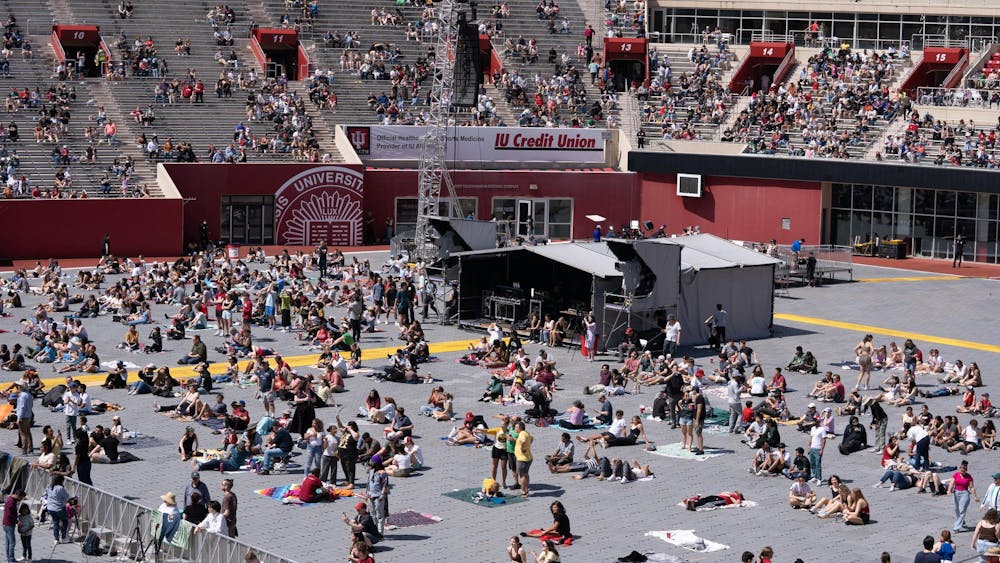HERSHEY, PA. -- Even as thousands of workers celebrated the derailment of a possible sale of Hershey Foods this week, many weren't sure whether they had saved their company, or merely postponed changes that will eventually unravel the cocoon Milton S. Hershey built around this small Pennsylvania community nearly a century ago. \n"I don't think anyone believes that this is the end of the issue," said August "Skip" Memmi, chairman of Derry Township's board of supervisors. "This was a close call, and a close vote, and there's nothing that says there couldn't be a sale in six months or a year."\nThe community was jubilant this week after its two month campaign to stop the sale culminated with the Hershey Trust Co.'s late-night 10-7 vote Tuesday to take the company off the market. In doing so, the trust turned down a $12.5 billion offer from Wm. Wrigley Jr. Co. and a joint offer from Nestle and Cadbury for $10.5 billion. \nRobert Vowler, the trust's chairman and chief executive, said the bids had been insufficient, though community leaders said they believed the group had succumbed to public pressure. \nThousands of workers arrived at Hershey's Chocolate Avenue factory Wednesday, universally pleased that the sale hadn't gone through, but concerned for their future. \n"It's really like a family, and I don't think you can find a lot of places like that anymore. Hershey is getting to be one of a kind, and I guess that's a cause for worry," said Cindy Holst, 57, a production worker who makes miniature candy bars. \nMany are afraid that the day may still come when financial pressures put an end to an elegant industrial experiment that has been Milton Hershey's legacy.\nThe candy magnate opened his first chocolate factory in 1905 in what was then rich dairy farmlands near the village of Derry Church. \nWithin 30 years, Hershey had built himself a small city. \nWhere there were empty fields, Hershey built homes for workers, a bank, a museum, a theater, botanical gardens, a hotel and an amusement park. \nHis final product is a cross between mill town and movie set, with kitschy metal street lamps shaped like Hershey\'s kisses, a roller coaster looming behind the factory, the aroma of roasting cocoa, and the majestic Hotel Hershey peering over town from its hilltop perch. \nHe also built the Milton Hershey School, an academy for orphaned children, and by the end of his life had moved to ensure that the school -- not chocolate bars -- would be his legacy. \nIn 1918, Hershey put his entire share of Hershey Chocolate's stock, then valued at $60 million, in a charitable trust and directed it to funnel nearly all its profits to the school. \nToday the academy is set on 2,700 acres just southeast of downtown Hershey, and has an endowment of $5 billion. It serves 1,500 students, who get a free education, health care and room and board, and live in clusters of brick homes with full-time caregivers. \nBut in recent years, the town has become increasingly convinced that Hershey's days of acting like a benevolent, rich uncle may be coming to an end. \nLooking to boost profits and a slumping stock price, Hershey Foods bought Nabisco Inc.'s mint and gum business in 2000, and a year later named an outsider, Kraft Foods executive Richard H. Lenny, as its new CEO. \nWithin a year, Lenny had announced plans to close plants, cut 1,100 jobs, and hire outside companies to produce cocoa powder. \nNearly 2,800 workers went on strike in April, 2002, over demands that they contribute more to the company\'s health plan. The six-week strike was the longest in Hershey's history. \nThen came the proposed sale. \nThe Hershey Trust announced in late July that it was exploring a sale as a way of diversifying its holdings and protecting the assets of the Milton Hershey School. \nThe proposal prompted huge protests from workers, Hershey retirees and officials in Derry Township, where the plant and school are located. \nCommunity groups circulated a petition calling for the trustees' removal and their replacement with local residents more sympathetic to the community. The Milton Hershey School Alumni Association revolted as well, demanding that the idea be dropped. \nAttorney General Mike Fisher filed suit and won a temporary injunction to stall any sale, arguing that it could have potentially devastating effects on the area\'s economy. \nPeople in Hershey don't have to look far to see what can happen in a one-industry town when the winds of change start to blow. \nA few miles to the southeast, the small city of Steelton is still trying to recover from the collapse of Bethlehem Steel -- the once-mighty company whose furnaces made the girders for the Empire State Building, but couldn't survive global competition in the 1990s. \nOther communities around Harrisburg were hurt when Tyco International Ltd. closed factories and fired more than 2,000 workers after buying the locally based electronics firm, AMP Inc., in 1999. \nThrough it all, Hershey has seemed immune, wrapped in some type of protective cocoon as other industrial towns fell on hard times.
Hershey Foods survive -- for now
Community elated, but future sale not out of question
Get stories like this in your inbox
Subscribe





